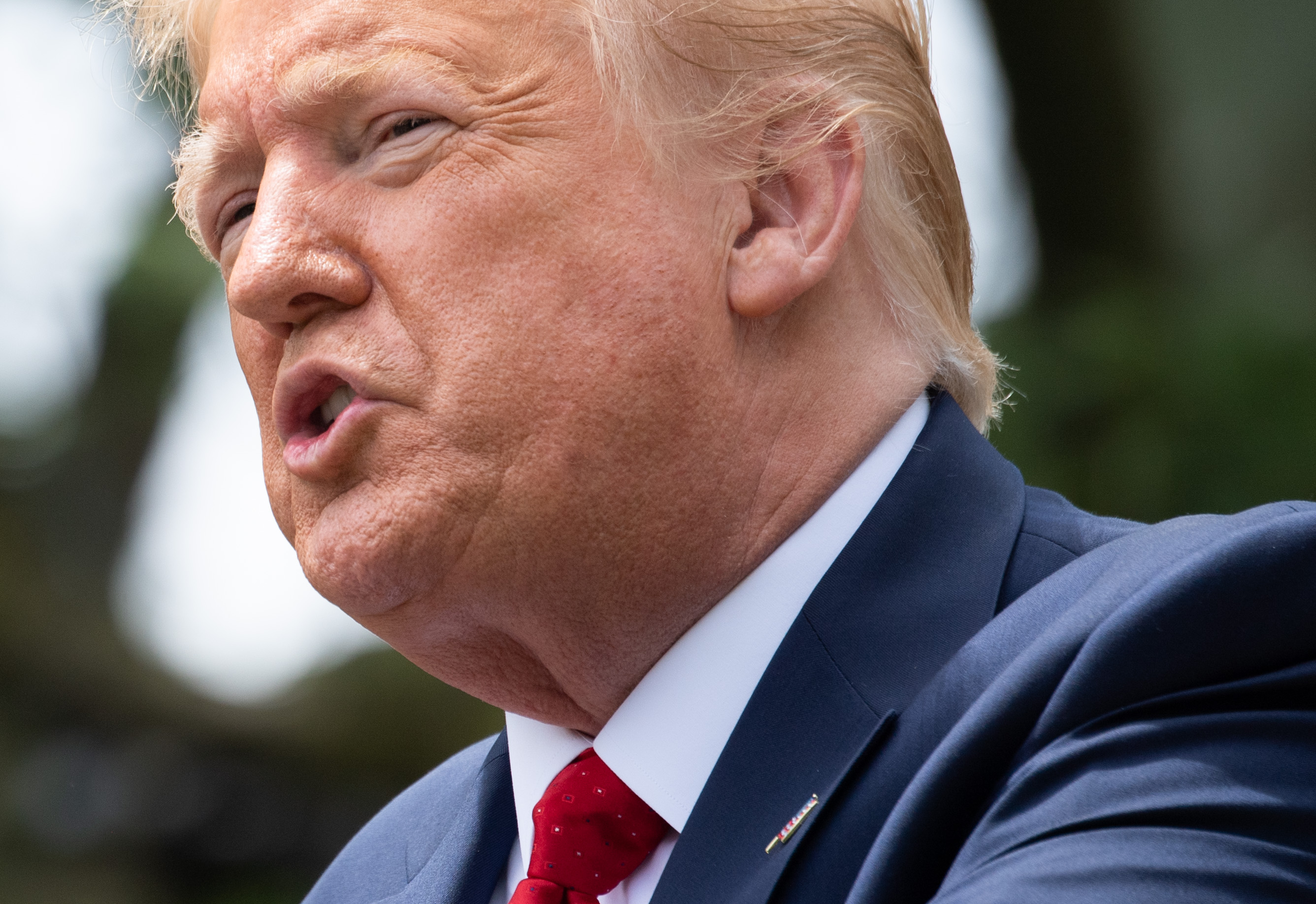The Department of Justice is reportedly preparing to roll back nearly two-decade old laws protecting tech companies in an effort to spur them into being fairer and more consistent about how they suppress content on their platforms.
The proposed changes could be introduced as soon as Wednesday and must be adopted by Congress, The Wall Street Journal reported Wednesday, citing a Trump administration official. The White House also confirmed the president’s request that the DOJ do so.
President Donald Trump signed an executive order in May seeking to target the legal protections that Silicon Valley companies have enjoyed for years. The move was a response to conservatives who believe Twitter and other tech giants discriminate against them for political reasons. Tech companies deny the accusation.
The White House confirmed that the president requested the DOJ create model legislation supporting his executive order.
“The President expressly called on DOJ to develop such model legislation in the Executive Order signed recently, and yes, President Trump is pleased to see the department following through,” White House spokesman Judd Deere said in a press statement to the Daily Caller News Foundation.
The DOJ’s proposals will seek to address some of the concerns Trump laid out, but will also strip civil immunity afforded to tech companies in a range of other circumstances, the official said, according to TheWSJ. (RELATED: Rep. Gaetz Suggests Twitter Shadowban Was Intentional: ‘That Would Be One Hell Of A Coincidence’)

US President Donald Trump speaks prior to signing an executive order on police reform in the Rose Garden of the White House in Washington, DC, June 16, 2020. (Photo by SAUL LOEB/AFP via Getty Images)
Legal measures protecting platforms when they facilitate or solicit third-party content or activity that violates federal criminal law will reportedly be removed. The DOJ will also not provide tech platforms immunity in instances involving online child exploitation and sexual abuse, the report noted.
Such carve-outs are necessary to allow victims of cyber abuse to seek redress, the official said.
The proposal sets sights on sweeping internet protections known as Section 230 of the Communications Decency Act of 1996. Tech platforms are not legally liable for actions of their users, and are given broad ability to patrol their sites as they see fit under the current law.
Such protections would be scaled back under the DOJ’s proposal, which would prevent platforms from taking down content without offering reasonable rules and following them consistently, TheWSJ reported. It also would make platforms more responsible for third-party content, according to the report.
The DOJ has not responded to the Daily Caller News Foundation’s request for comment regarding TheWSJ report.
The Internet Association pushed back on the DOJ’s move and Trump’s broader opposition to the protections.
“Rolling back Section 230 protections will make it harder, not easier, for online platforms to make their platforms safe. The world before Section 230 was one where platforms faced liability for removing things like spam or profanity. Weakening Section 230 brings us closer to that world,” IA Interim President Jon Berroya told the DCNF.
All content created by the Daily Caller News Foundation, an independent and nonpartisan newswire service, is available without charge to any legitimate news publisher that can provide a large audience. All republished articles must include our logo, our reporter’s byline and their DCNF affiliation. For any questions about our guidelines or partnering with us, please contact licensing@dailycallernewsfoundation.org.












